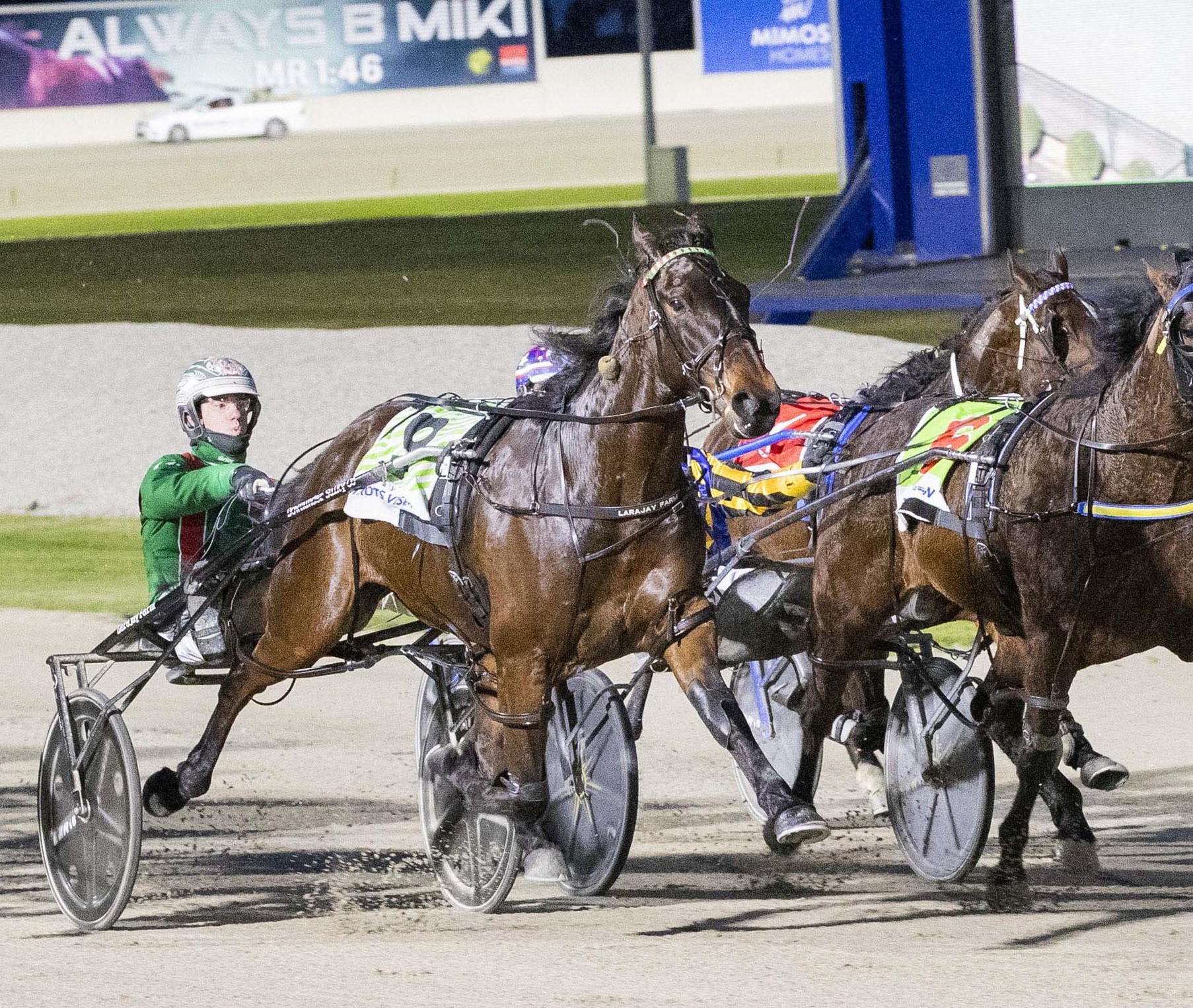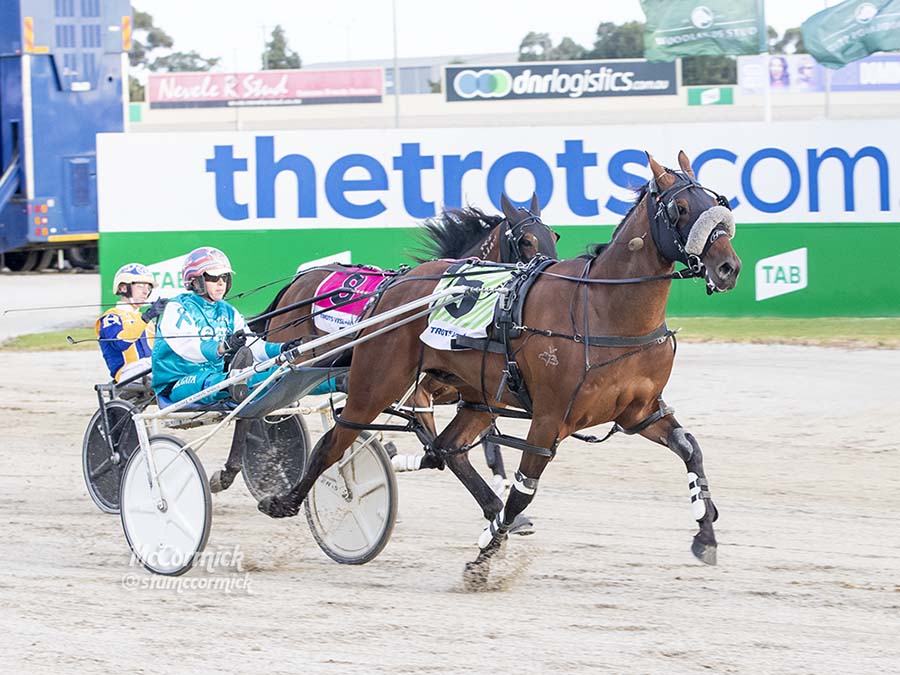 Change is hard. Change doesn’t always work, but those outside the harness racing bubble would argue it’s a lack of change or innovation that has seen its market share halve and relevance in the sporting landscape almost vanish.
Change is hard. Change doesn’t always work, but those outside the harness racing bubble would argue it’s a lack of change or innovation that has seen its market share halve and relevance in the sporting landscape almost vanish.
While harness racing has a rich history, we can’t bemoan the loss of what's in the past or cry for the resurrection of things that worked 20, 30 or 40 years ago.
This is now. Everything is faster, slicker and more polished. We’re in a 'bite-sized' world, but harness racing has remained largely unchanged. An ode to our history, yes, but helpful to halt the scary decline? Absolutely not.
When I left Sky Racing a few years back, harness racing accounted for almost 40 per cent of air time on Sky Racing 1 (the main wagering channel), yet it drove only about 10 per cent of the wagering.
That doesn’t and won’t wash on any business level.
By nature, harness racing is a slower and more formulaic product than the thoroughbreds of greyhound racing, but we can’t just accept that.
We can never totally change it, but we can try to play around the edges to freshen it up, to make it more attractive to the most important audience, the audience we’ve lost … those outside of the bubble.
Next month’s FastTrack 1200m series at Melton isn’t anything new. We’ve had the Stampede for almost 20 years and the Mercury80 more recently in Victoria. Redcliffe has the Trot Rods and other states, most notably WA and NSW, have tried short-course racing as well.
It’s confronting to the traditionalists, who venomously ridicule it.
But the FastTrack 1200 series and its like aren’t for the diehards. They are a rare (very, very rare) and different product to try and take the sport to a different (younger) audience.
I won’t go down the path of the well worn comparisons with cricket and T20, but you get the drift.
We are talking about three race meetings (August 9, 16 and 23) here and – in the scheme of the annual calendar – a handful of races. What’s so scary about trying that?
I continually hear cries about “nobody bets on them”, “trainers hate them” or “it’s cruel on the horses".
So, let’s dissect those.
BETTING: Across the sample of short-course races HRV has held so far, there is no discernible difference in turnover either way. If a traditional race had been held instead, turnover would’ve been very similar. It tells me they are not hurting the game and maybe, just maybe, some of the lost audience we’re trying to connect with may be watching.
TRAINERS: If they don’t like them, it doesn’t show in nominations, which is surely the ultimate measure. In recent times, HRV has been inundated with nominations and even had to split the races and run a second 1200m race to cater for numbers. Interesting.
 CRUELTY: I keep getting told this, but where is the evidence? And, if so, why would one of Australia’s top trainers, Andy Gath, use a heat and final 1200m series (the Mercury80) to prepare for what he says is the best (and most valuable) pacer he’s EVER trained (Catch A Wave) for the $1 million Miracle Mile (which he won). Gath credited the series with fine-tuning the pacer for his biggest win.
CRUELTY: I keep getting told this, but where is the evidence? And, if so, why would one of Australia’s top trainers, Andy Gath, use a heat and final 1200m series (the Mercury80) to prepare for what he says is the best (and most valuable) pacer he’s EVER trained (Catch A Wave) for the $1 million Miracle Mile (which he won). Gath credited the series with fine-tuning the pacer for his biggest win.
This is not about trying to change people's minds, more about putting some facts on the table and urging some understanding of the need to try different things.
Ultimately, Victoria holds about 4200 races a year and we’re talking about running a handful of them over 1200m.
If you’re a trainer who doesn’t like them, don’t nominate. And if you’re a punter who doesn’t like them, then don’t bet on them.
Otherwise, let’s embrace trying something different, which the sport so desperately needs. Just running some 1200m races isn’t going to dramatically change the dial, but wouldn’t it be good if in some small way it helped.